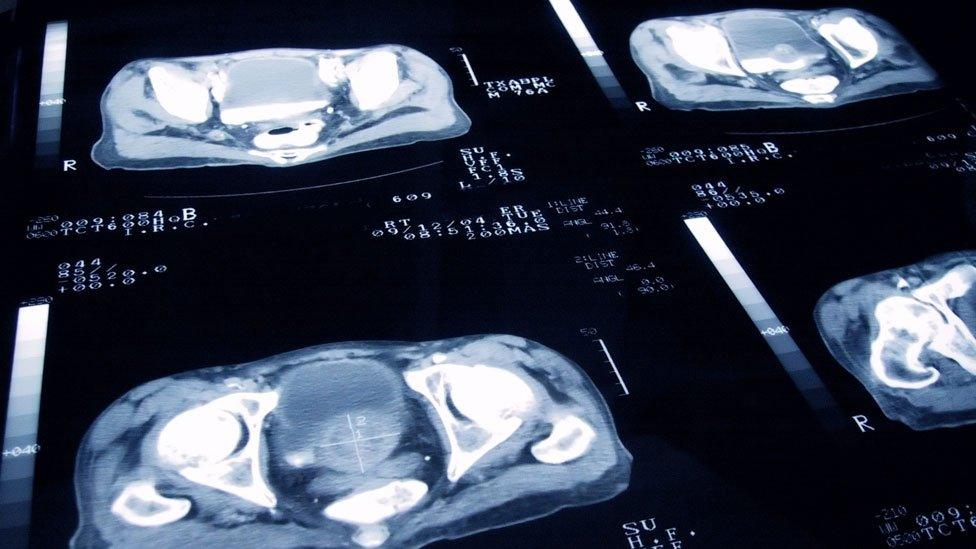Single cancer waiting times target set for NHS Wales
- Published
- comments

The current cancer waiting times targets in Wales could end up being scrapped under plans to be announced later by the Welsh health secretary.
Patients follow one of two routes to treatment depending on how a cancer is found - each with a separate waiting time target.
But there are concerns that the system does not accurately reflect how long some patients are actually waiting.
It is argued a single treatment route and target could deliver better care.
All health boards from January will begin to measure performance against a new "single cancer pathway", so waiting times for all cancer patients can be measured in the same way, Vaughan Gething will announce in a speech to the Wales Cancer Conference in Cardiff later.
But the existing targets will continue to be published in parallel until a final decision is made.
NHS Tracker: Check how your area is performing
The move, which has been under consideration for many years, is being welcomed by cancer experts and charities.
However, three years ago, when the single pathway was first trialled, opposition parties claimed it was an attempt by the Welsh Government to "move the goal posts" and "change targets it could not meet".
Vaughan Gething said he needs to understand if a single route would make a difference
This is how things work:
At the moment, if a patient is referred to a specialist as an urgent suspected cancer case then 95% of confirmed cases should start treatment within 62 days
The second target involves patients who might be already being investigated for a health problem but that is not initially considered to be cancer
But if it subsequently emerges those patients do have the disease, then 98% should start treatment within 31 days of a treatment plan being agreed. Medical experts are worried there might be hidden delays before patients reach this point.
The new single pathway would aim to start counting all patients from the point of suspicion of cancer - including the date of referrals from a GP or as soon as cancer is on the radar.
The 62-day target has not been met on an all-Wales basis since 2008 - and latest figures published today are down on the previous month, external - but the Welsh NHS has had more success in achieving the 31-day target.
Overall, performance on cancer waiting times has remained stable in recent years despite an estimated 1.5% a year increase in demand for cancer care.
However, Mr Gething conceded that, despite some improvement, the NHS has not met the existing targets often enough.
If the new system works, Mr Gething said the "ambition" would be to replace the current 62 and 31-day targets with a single cancer waiting time target - although it is not clear yet what it will be.
It is understood, the health secretary will stress in his speech the changes are not "about disguising bad news".
However, he expects implementing the reform will be "difficult" and "bumpy".

The patient's view
Becky Thomas said patients should not have to go back and forth before a diagnosis
Nurse Becky Thomas, from Merthyr Tydfil, sees the issue as both patient and health professional and would welcome anything to speed up diagnosis.
She had vague symptoms when she saw her GP but was only diagnosed with bowel cancer later when she confided in a colleague in hospital.
Ms Thomas had surgery and chemotherapy and is now cancer free.
"I've been asked 'how long is it acceptable to wait?' Depending where you are on that journey, you will give a different answer," she said.
"It's difficult to say you will need to do it in five days, you might not be able to if you have to have a number of tests; they take time. I appreciate that, but I would welcome anything to provide that impetus to make things more at the forefront of people's minds."

If the current targets are eventually scrapped, it is also argued it could be more difficult to compare cancer performance in Wales with other UK countries.
This follows a significant change two years ago in the way ambulance response times are measured.
The announcement comes as the Welsh Government publishes its first annual progress report on its updated cancer delivery plan.
Mr Gething said this shows performance has remained stable despite increasing demand with improvements in some areas.
But Conservative health spokeswoman Angela Burns said in the absence of any detail, they could not support moves towards a single cancer treatment route.
"Any changes to this end would need to be piloted for a minimum of 12 months with cast-iron assurances that patients would not be negatively impacted during this trial period," she said.
- Published23 November 2017
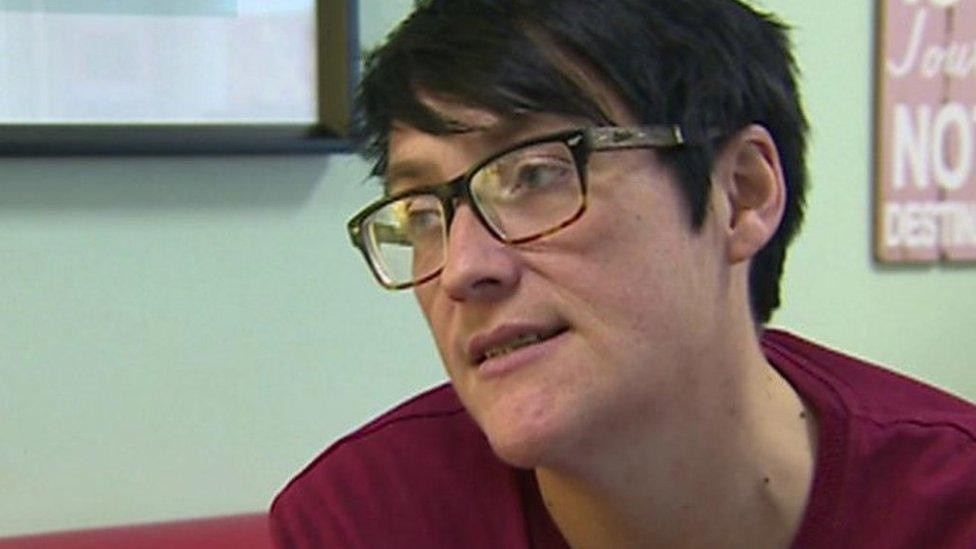
- Published23 November 2017
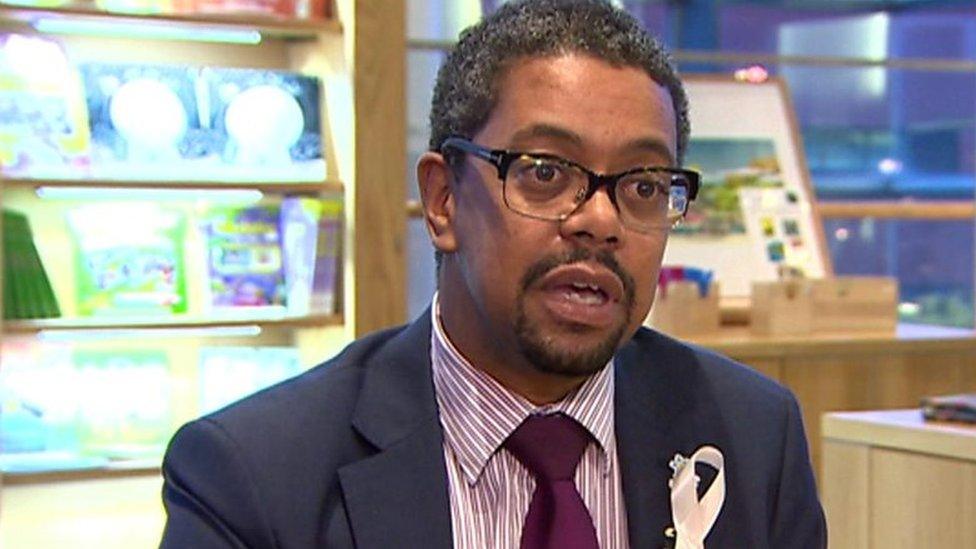
- Published22 November 2018

- Published22 October 2017
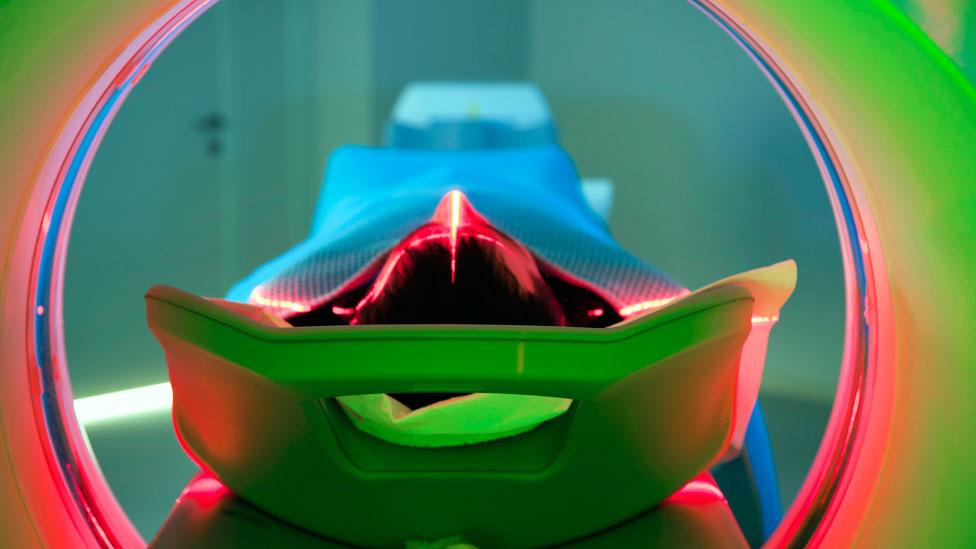
- Published28 September 2017

- Published11 April 2016
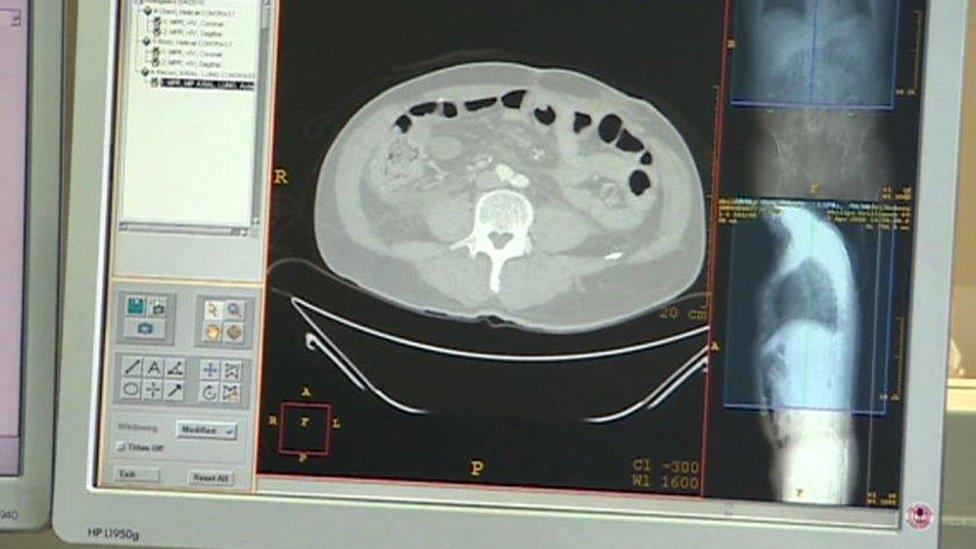
- Published2 August 2017
